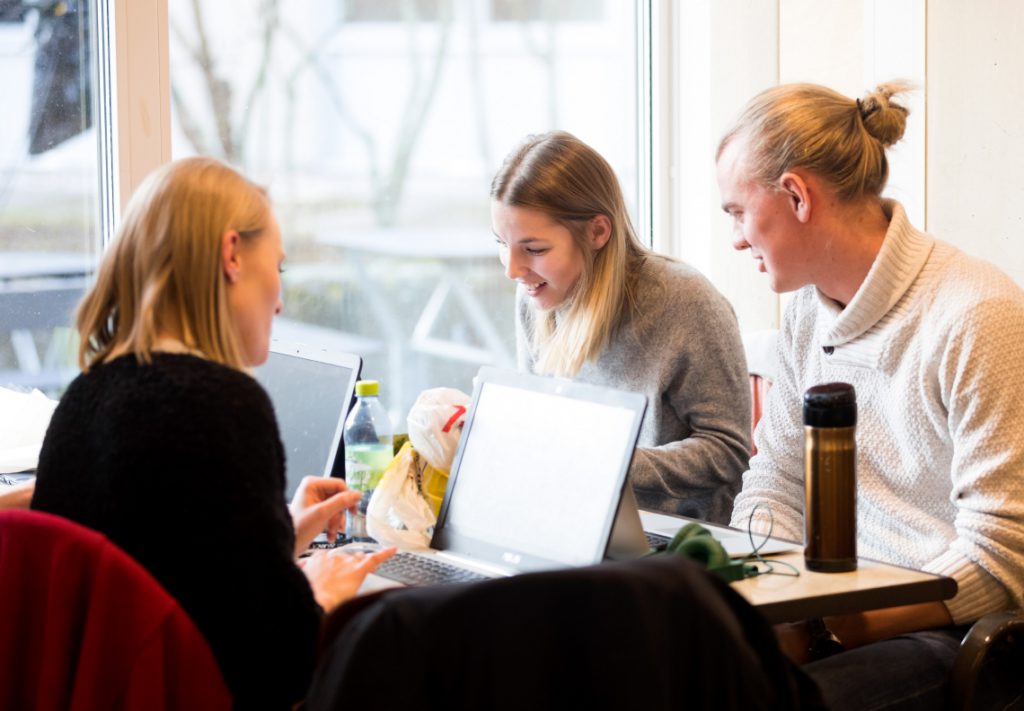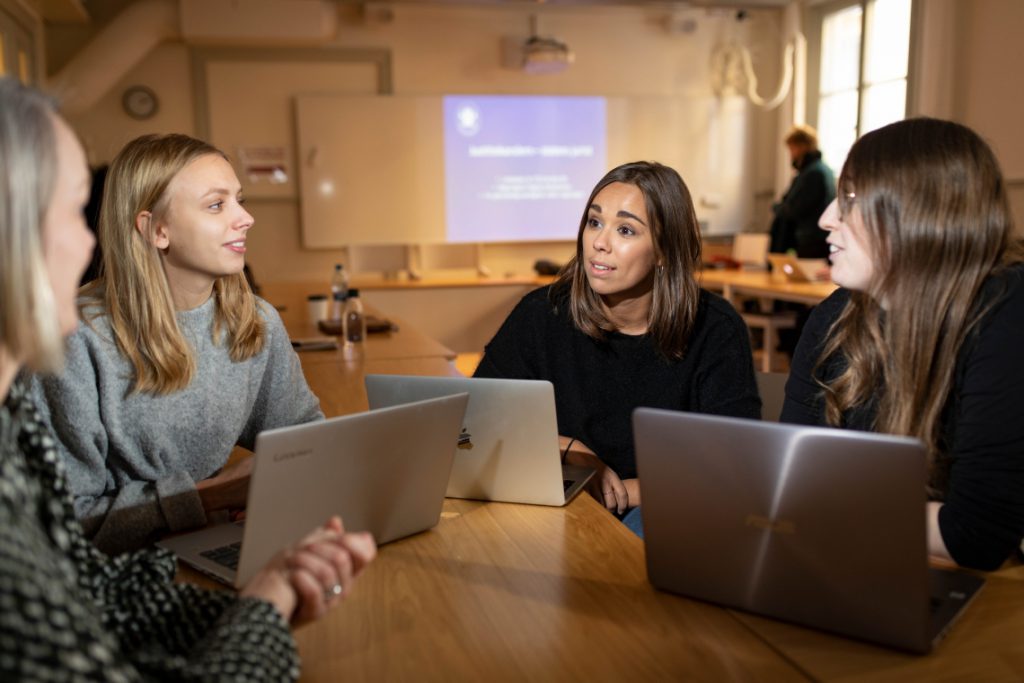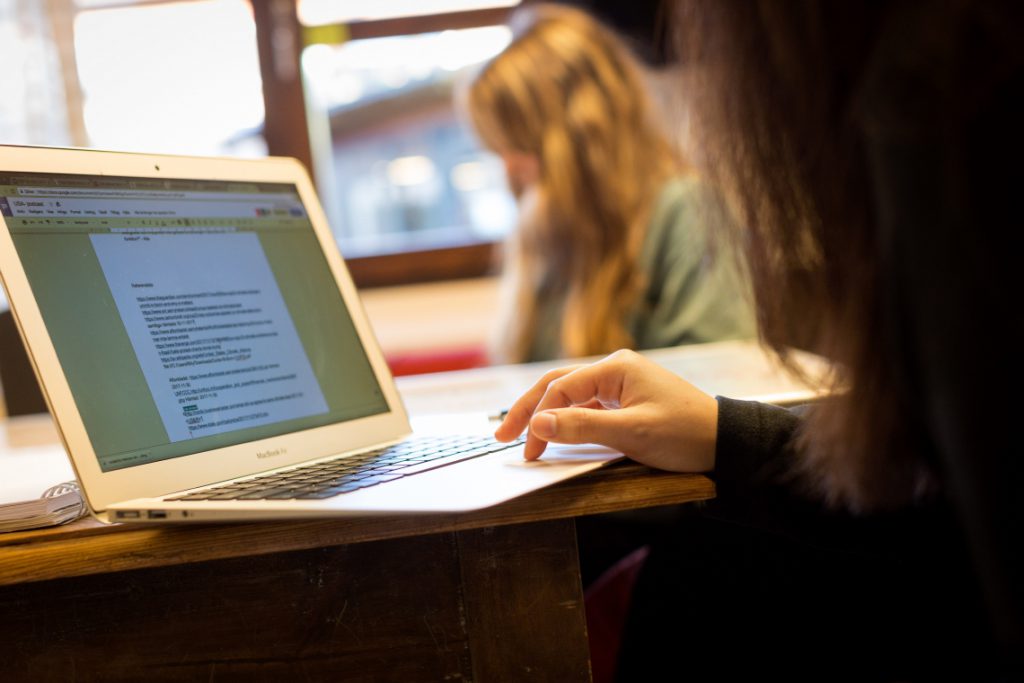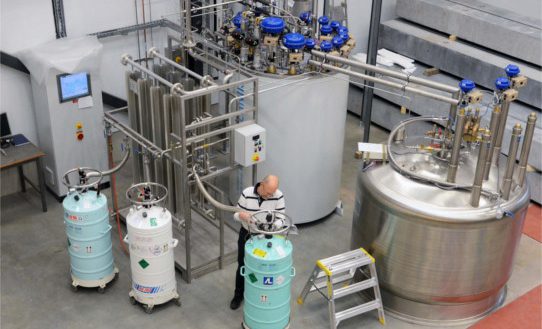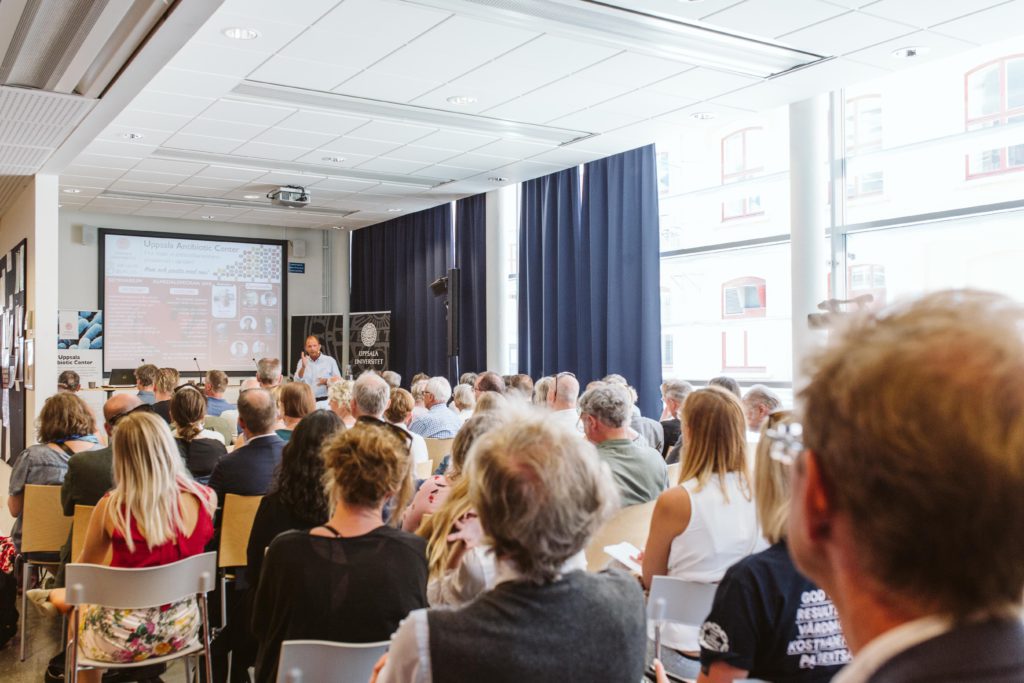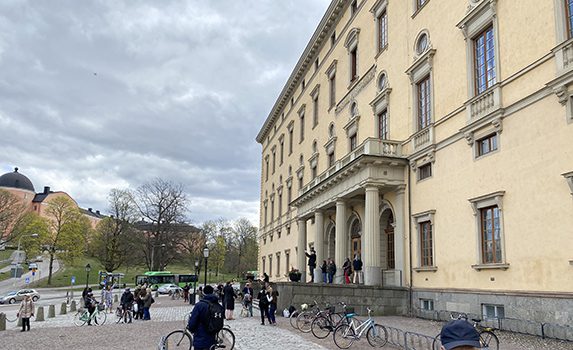At a press conference at 13:00 today, Prime Minister Stefan Löfven, Minister for Education Anna Ekström and Minister for Higher Education and Research Matilda Ernkrans announced that the Public Health Agency of Sweden recommendation on distance education will be withdrawn on 15 June and that upper secondary schools, colleges and universities will then be able to resume more normal activities. However, where higher education is concerned, some components of education may still need to be delivered in a modified form in order to comply with the Public Health Agency’s general recommendations on maintaining distance and avoiding large social gatherings.
This means that students and university teachers can prepare for a transition to more on-campus education. Yet it will not be entirely business as usual this autumn. The Public Health Agency’s general guidelines and recommendations remain in effect, and consequently higher education institutions have a responsibility to modify their teaching and reduce the spread of infection. The students also bear a great personal responsibility.
Today’s announcement is in line with what we were expecting and gives us both greater flexibility for the summer and clearer – if not unequivocal – planning conditions for the autumn semester.
Generally speaking, following this announcement we should stop taking about distance education – except in cases where we formally classify courses as pure distance learning courses. What we will be conducting in the autumn, as a rule, is on-campus teaching with more or less extensive elements of digital modes of instruction. Certain types of courses and components that have a limited number of participants and where it is possible to maintain reasonable physical distancing, can be conducted roughly as usual. Others may need to be modified or carried out in digital form. Teachers and students in at-risk groups may also need special consideration. This also applies to international students who may have difficulty getting here for the start of the semester.
The decision sets out the parameters for this autumn’s education. We will now immediately initiate a process aimed at issuing a decision in good time before 15 June on how the new directives are to be interpreted and complied with at Uppsala University, during the summer and ahead of the autumn semester.

